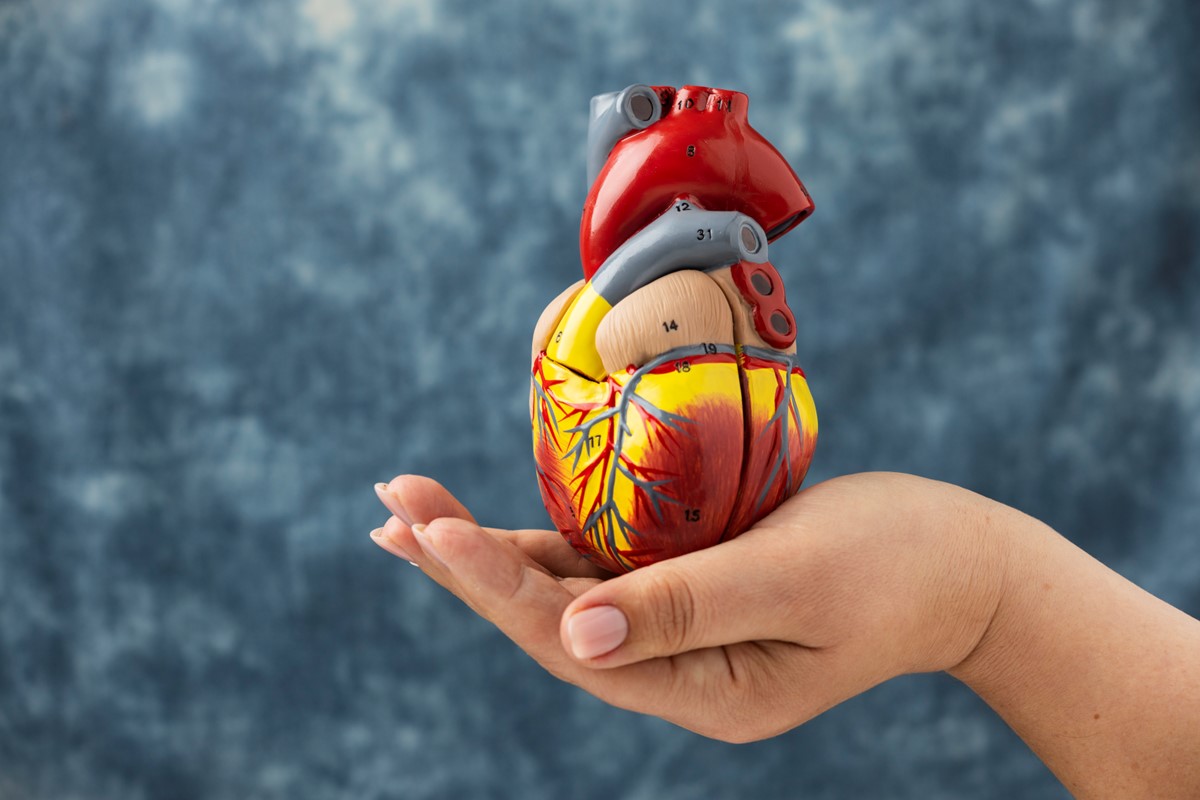Coronary Artery Disease (CAD) is a prevalent cardiovascular condition that affects millions of people worldwide. This article provides an overview of CAD, discussing its symptoms, causes, and available treatment options.
Symptoms of Coronary Artery Disease:
- Chest pain or discomfort (angina)
- Shortness of breath
- Fatigue
- Nausea
- Sweating
- Pain radiating to the arm, jaw, or back
Causes and Risk Factors: CAD develops due to the accumulation of plaque in the coronary arteries, which supply oxygen-rich blood to the heart muscle. Plaque is made up of cholesterol, fat, calcium, and other substances. Over time, this buildup narrows the arteries and reduces blood flow to the heart. The main risk factors for CAD include:
- High Cholesterol Levels: Elevated levels of LDL (“bad”) cholesterol contribute to plaque formation.
- Hypertension: High blood pressure increases stress on arterial walls, facilitating plaque accumulation.
- Smoking: Chemicals in tobacco damage blood vessels and accelerate plaque buildup.
- Diabetes: Uncontrolled diabetes can damage blood vessels and increase the risk of CAD.
- Obesity: Excess weight strains the heart and worsens other risk factors.
- Sedentary Lifestyle: Lack of physical activity contributes to obesity and overall cardiovascular health.
- Family History: Genetic predisposition can make some individuals more susceptible to CAD.
- Age: The risk of CAD increases with age.
Treatment Options:
- Lifestyle Changes: Adopting a heart-healthy diet, exercising regularly, quitting smoking, and managing stress can slow or even reverse CAD progression.
- Medications: Doctors may prescribe statins to lower cholesterol, blood pressure medications, and aspirin to prevent blood clots.
- Medical Procedures: In cases of severe CAD, medical procedures might be necessary, including:
- Angioplasty and Stenting: A catheter with a balloon is used to widen narrowed arteries, and a stent is placed to keep the artery open.
- Coronary Artery Bypass Surgery: Healthy blood vessels are taken from other parts of the body to bypass blocked arteries, improving blood flow.
Conclusion:
Coronary Artery Disease is a significant health concern that demands attention due to its potentially severe consequences. By recognizing its symptoms, understanding its causes, and exploring available treatment options, individuals can take proactive steps to manage their cardiovascular health and reduce the impact of CAD on their lives. Remember, early detection and appropriate lifestyle changes can make a substantial difference in preventing and managing this condition.

